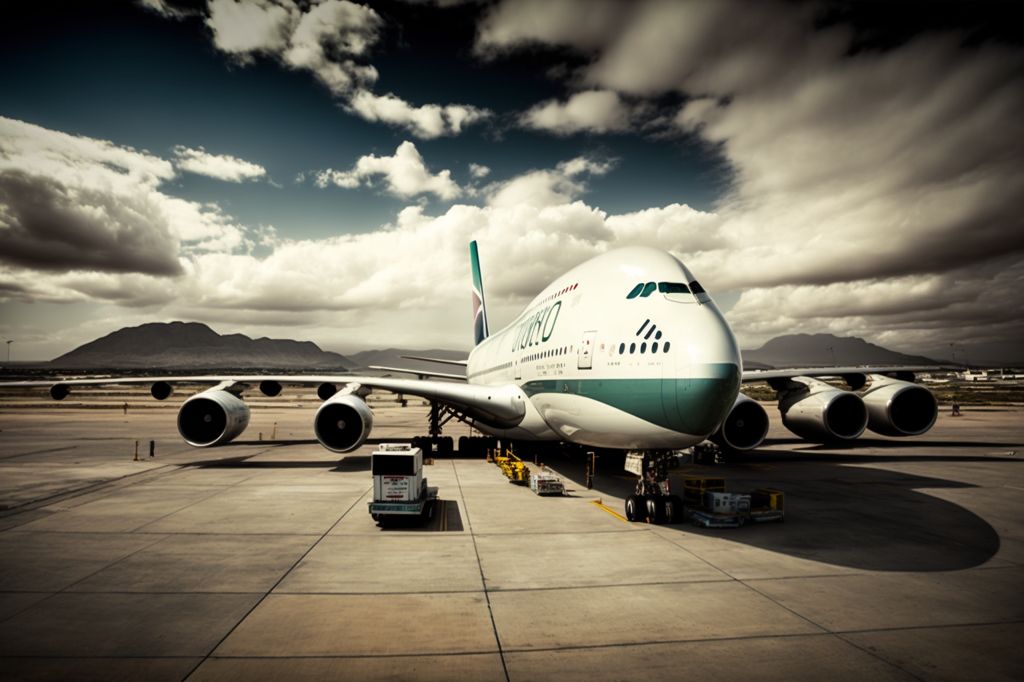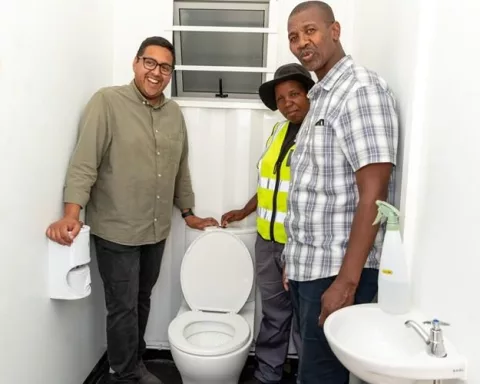Passengers flying in or out of more than ten airports in South Africa are being advised to prepare for possible delays following the suspension of air traffic navigation procedures. This suspension comes as the International Civil Aviation Organisation (ICAO) conducts safety audits in the country to ensure compliance with international aviation safety standards.
The audit of South Africa’s civil flight safety system and oversight powers by the Universal Safety Oversight Audit Programme (USOAP) and Continuous Monitoring Approach (CMA) is ongoing. It is expected to go on until Monday, April 3. The audits are done by the South African Civil flying Authority (SACAA), in charge of flying in the country. The audits focus on how the country’s Air Traffic and Navigation Services handle navigational processes. (ATNS).
Audits showed that several South African airports needed to meet the standards for specific navigation procedures. As a result, more than ten South African airports had to stop using particular navigation methods for air traffic. Cape Town International Airport (Western Cape), George Airport (Western Cape), Chief Dawid Stuurman International Airport (Gqeberha), Upington Airport (Northern Cape), Kimberley Airport (Northern Cape), Bram Fischer International Airport (Free State), King Phalo International Airport (Eastern Cape), Pietermaritzburg Airport (KZN), Pilanesburg Airport (North West), Richards Bay Airport (KZN), and Polokwane International Airport are among the airports that (Limpopo).
Flights will mostly go on as expected, but planes may only be able to land if they can see well, and stormy weather could affect operations. Airlines have asked the bodies in charge of aviation to get complete air navigation services back up and running as soon as possible at the affected airports.
The SACAA has said they wait to do things like this quickly, but keeping the country’s flight safety is the most important and must always come first. Airlink, a small South African airline, also said that the halt of some instrument-assisted flight approaches at Pietermaritzburg and Richards Bay airports had messed up some of its operations.
While disruption to air traffic navigation procedures at South African airports may cause delays, passenger safety remains the priority. Accordingly, the ICAO and SACAA continue to work towards ensuring compliance with international aviation safety standards and restoring complete air navigation services at the affected airports.








